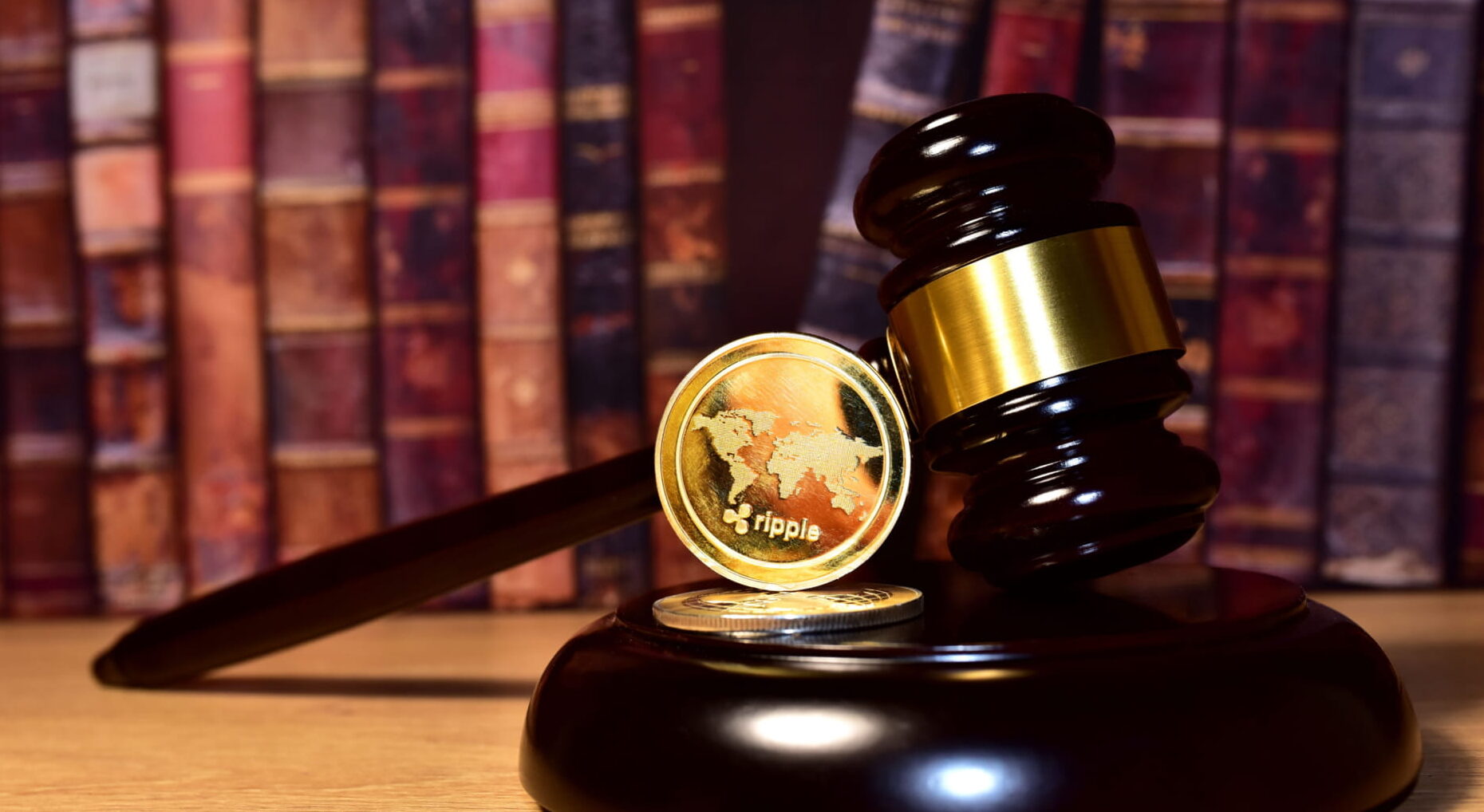Pakistan’s Bitcoin reserve, which has left financial analysts and crypto enthusiasts intrigued, has initiated a government-backed reserve while affirming, through a National Assembly (NA) panel, that cryptocurrency trading remains illegal in the country. This surprising duality — the institutional adoption of Bitcoin under a legal framework that prohibits public cryptocurrency usage — highlights the regulatory dissonance Pakistan continues to grapple with in the digital finance space. As digital assets rapidly gain traction globally. Especially in emerging markets. Pakistan’s cautious yet strategic step raises questions about its long-term monetary goals, the potential for regulatory reform, and the role of Bitcoin in national fiscal planning.
Pakistan’s Ongoing Cryptocurrency Policy Paradox
Regulatory uncertainty has long defined Pakistan’s stance on cryptocurrencies. Digital currencies were banned by the State Bank of Pakistan Bitcoin reserve (SBP) in 2018; this stance was reiterated in 2022, when government officials highlighted concerns about financial integrity and national security. Strict enforcement of these bans directed financial institutions to stop crypto transactions and issued warnings against companies such as Binance and LocalBitcoins.
 Pakistan Bitcoin reserve regularly ranks among the top nations in world crypto adoption indices despite the ban. Driven by high inflation, limited banking penetration, and a young population opting for digital alternatives, Chainalysis’ analysis found that the nation ranked in the top 10 in its 2022 Global Crypto Adoption Index. Policy and practice have become disconnected, thanks in part to this grassroots energy.
Pakistan Bitcoin reserve regularly ranks among the top nations in world crypto adoption indices despite the ban. Driven by high inflation, limited banking penetration, and a young population opting for digital alternatives, Chainalysis’ analysis found that the nation ranked in the top 10 in its 2022 Global Crypto Adoption Index. Policy and practice have become disconnected, thanks in part to this grassroots energy.
Pakistan’s Secret Bitcoin Reserve Revealed
Officials from the Ministry of Finance revealed in recent meetings before the NA Standing Committee on Finance that a government-owned Bitcoin reserve had been surreptitiously constructed. Designed in collaboration with a state-owned fintech organization. This reserve is part of a research program aimed at investigating blockchain-based financial systems and the use of digital assets in reducing foreign currency risk.
Pakistan’s reserve is hidden from public access and investment. Unlike El Salvador’s public-facing approach to Bitcoin investment. Officials claim that this project is exempt from specific regulatory requirements, allowing the government’s financial innovation division to conduct restricted experiments. It is not, they underline—a support for public trading or cryptocurrency commercialization.
Bitcoin: State Strategy, Public Ban
The opening of this reserve highlights a more general discrepancy, even though the Growth of Crypto remains illegal for citizens. The government is, on one hand, experimenting with Bitcoin’s ability to stabilize the macroeconomy. Conversely, it continues to make private crypto ownership and transactions illegal. This two-tiered model, characterized by assured institutional involvement under public scrutiny, captures stronger conflicts between regulatory conservatism and technological needs.
Emerging nations are increasingly viewing digital currencies—primarily Bitcoin—as a hedge against political pressure on currency reserves and erratic exchange rates. Diversifying into non-sovereign digital assets could provide a buffer, albeit one fraught with volatility and risk. As Pakistan’s rupee is constantly devalued and foreign reserves are under strain.
Laying Groundwork for Digital Rupee
Pakistan’s venture into sovereign crypto reserves is being supported by public-private collaborations, with blockchain consultants and technology firms advising on secure storage. Compliance protocols. And innovative contract development. The goal, insiders suggest. It is to build blockchain fluency within government institutions while testing its feasibility for remittances, asset tokenization, and interbank settlements.
This aligns with broader ambitions evident across the Global South where governments are seeking to modernize outdated financial infrastructures by utilizing decentralized tools. Countries such as Nigeria. India. Brazil is actively piloting central bank digital currencies (CBDCs) and suggesting that Pakistan may be laying the groundwork for its digital rupee variant. Or at least preparing to operate in a tokenized international economy.
Calls Grow for Crypto Regulation Clarity
The news of the reserve has sparked a wave of speculation among Pakistani crypto enthusiasts. While some view this as a precursor to legal reform. Others criticize the perceived hypocrisy of a system where the government can benefit from assets that are banned for the public. Prominent voices in Pakistan’s tech sector have called for clear regulatory guidelines. Urging the state to adopt a sandbox model that encourages innovation under supervised conditions.
 The Pakistan Blockchain Institute and other advocacy groups have renewed their calls for a dedicated regulatory body for digital assets. Separate from traditional banking oversight. This would help resolve jurisdictional overlaps and offer structured licensing to exchanges. Custodians. And wallet providers.
The Pakistan Blockchain Institute and other advocacy groups have renewed their calls for a dedicated regulatory body for digital assets. Separate from traditional banking oversight. This would help resolve jurisdictional overlaps and offer structured licensing to exchanges. Custodians. And wallet providers.
Cautious Integration Over Full Adoption
Pakistan’s approach differs significantly from El Salvador’s, which announced Bitcoin as legal tender for 2021. Pakistan is opting for closed-loop research rather than widespread adoption. For organizations like the IMF and the FATF. Both of which have expressed concerns over unchecked crypto activity in aid-receiving nations. This managed approach could be more acceptable.
Similar caution is shown by other countries, including Nigeria and India, which support government-led blockchain initiatives while restricting public access to cryptocurrency. Pakistan’s current approach may thus represent a more general playbook for developing markets: avoid complete decentralization but prepare for digital integration.
Final thoughts
A sovereign Bitcoin reserve throws a complicated dynamic into Pakistan Bitcoin reserve monetary policy framework. Despite the lack of certified crypto legality, the government’s quietness signals a reevaluation. Under the direction of international best practices and local economic demands. This may ultimately evolve into a comprehensive crypto regulatory framework that supports both institutional use and private sector innovation.


